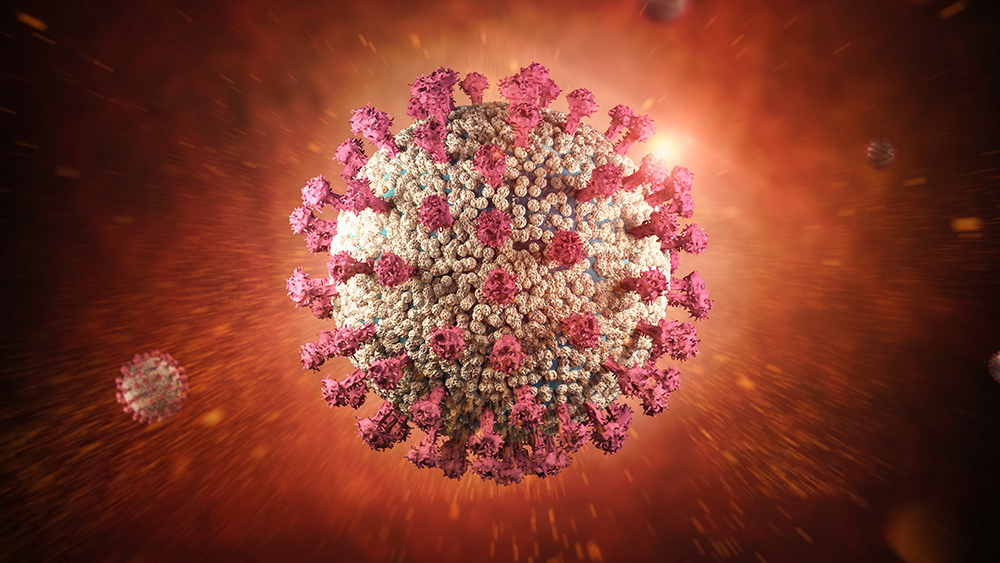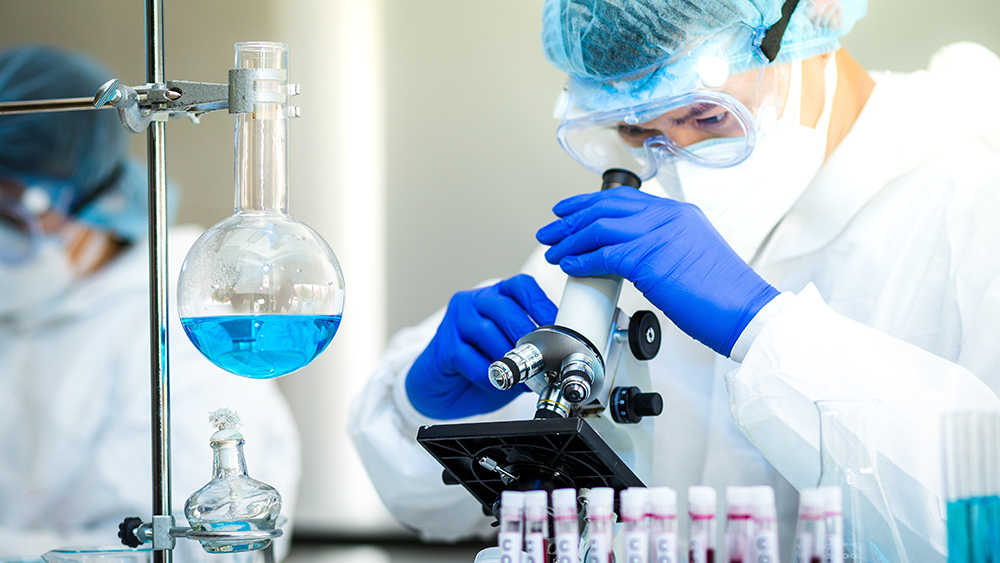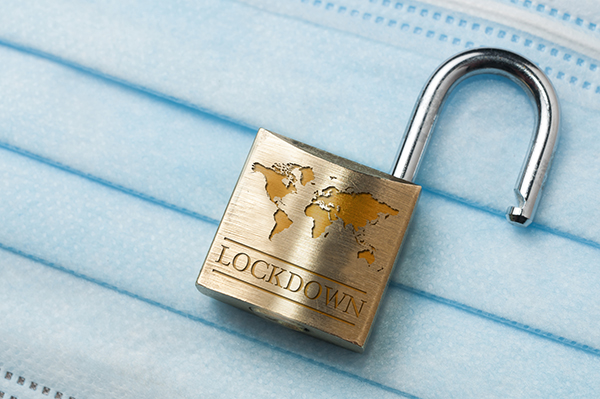
The company reported earnings and revenue that surpassed Wall Street expectations during a July 21 earnings call. It recorded second-quarter earnings of $23.31 billion vis-à-vis its expected earnings of $22.21 billion. Its adjusted earnings per share (EPS) at $2.48 per share also surpassed previous projections of $2.27 per share.
J&J's pharmaceutical business, which developed its one-dose adenoviral vector vaccine against COVID-19, generated $12.59 billion in revenue. Its consumer unit, responsible for products such as facial cleansers and mouthwashes, generated $3.7 billion in revenue. The medical device unit meanwhile generated a revenue of $6.9 billion.
The pharmaceutical business saw a 17.2 percent year-over-year increase in revenue, while the consumer unit saw its revenue climb by 13.3 percent. The medical device unit had the highest revenue increase at 62.7 percent. J&J's medical device unit saw its revenues plummet in 2020 as the COVID-19 pandemic forced hospitals to postpone elective surgeries and Americans were forced to stay home.
J&J Pharmaceuticals Chairman Jennifer Taubert said that most of the company's core business lines have bounced back to "pre-COVID levels." She added that the firm is seeing strength return in both the U.S. and in Europe. Taubert continued that the pharmaceuticals unit expects to continue seeing strong sales – regardless of coronavirus variants or any other pandemic-related "blips."
J&J Chief Financial Officer Joseph Wolk meanwhile told CNBC after the July 21 earnings call: "We've all realized over the last 18 months just how important good health is and elective isn't elective forever."
The effectiveness of J&J's coronavirus vaccine comes into question once more
J&J executives said that it was too early to provide specific information on what to expect in 2022 and beyond for its vaccine. Their remarks came amid the spread of highly transmissible variants and uncertainty on the need for vaccine booster shots against them. The executives added that the company expected to see data from a study testing two vaccine doses in the third or early fourth quarter of 2021. (Related: Johnson & Johnson vaccine under investigation over deadly blood clot cases.)
A new study that came out a day before J&J's second-quarter financial results were released, suggested that the latter's COVID-19 vaccine is much less effective against the B16172 Delta and C37 Lambda variants compared to the original SARS-CoV-2 strain. Researchers behind the study put forward the possibility of J&J vaccine recipients needing booster shots.
The study, yet to undergo peer review, contradicted an official report from the company. According to J&J, the single-dose vaccine proved effective against severe disease and hospitalization caused by the highly infectious B16172 Delta variant. It added that this protection extended up to eight months after vaccination. The Centers for Disease Control and Prevention said the B16172 variant, now the dominant strain in the U.S., accounted for about 83 percent of infections there.
Wolk also touched on the study during his July 21 CNBC appearance, saying that people should be "guarded" about it. He noted that the study's results were based on blood samples in a laboratory and may not reflect the vaccine's performance in a real-world setting. "I think it's probably best for everyone to refer to health officials who have not yet recommended a booster, even for some less duration vaccines out there," Wolk said.
Interestingly, the J&J CFO's comments appeared to be an about-face from his superior's earlier remarks. Back in February 2021, J&J CEO Alex Gorsky said people may end up needing COVID-19 vaccines every year. He drew parallels between the COVID-19 vaccine and the flu vaccine, the latter being administered on a yearly basis. (Related: Yearly COVID-19 shots might be needed by everyone, Johnson & Johnson CEO now conveniently claims.)
Gorsky told CNBC host Meg Tirrell that time: "Unfortunately, as [the virus] spreads, it can also mutate. Every time it mutates, it's almost like another click of the dial, so to speak, where we can see another variant. [This variant has] another mutation that can have an impact on its ability to fend off antibodies, or to have a different kind of response not only to a therapeutic but also to a vaccine."
Vaccines.news has more stories about the J&J single-dose COVID-19 vaccine.
Sources include:
Please contact us for more information.























